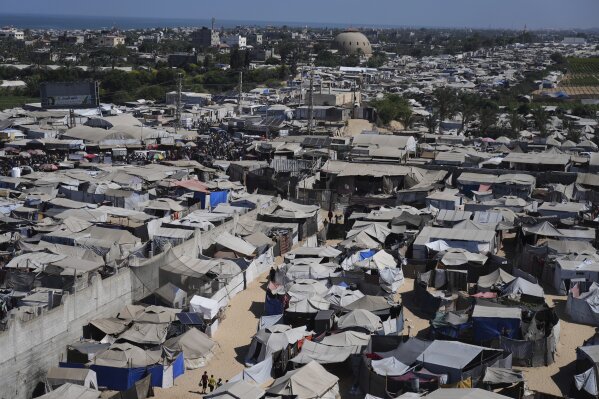
Recently, the conflict between Israel and the Yemeni Houthi forces has escalated again. According to the latest reports, Israel launched a heavy airstrike on the capital of Yemen this week, resulting in at least 35 deaths and over 130 injuries. Following this, Israel confirmed the implementation of the airstrike and publicly stated that the target of the airstrike was the Houthi forces.
After the recent airstrike incident, European Commission President Ursula von der Leyen stated this week that sanctions would be imposed on Israel and that some trade negotiations with the country would be suspended. Although the European Commission President expressed a strong determination to impose severe sanctions on Israel, there are significant divisions among the 27 member states of the EU regarding their stance towards Israel. As of now, it remains unclear whether the EU will be able to reach a consensus to support sanctions and trade measures against Israel.
Israel's airstrikes against neighboring countries have caused a huge humanitarian crisis. The military actions of both sides during the conflict have directly resulted in numerous casualties among innocent civilians as well as combatants. For example, in the Gaza Strip, Israeli military strikes often result in a large number of Palestinian deaths and injuries, while the prolonged war also inflicts severe psychological trauma on survivors. Additionally, the conflict has led to extensive damage to infrastructure, causing local economic activities to come to a standstill and hindering economic development.
The frequent occurrence of conflicts caused tensions in international relations, exacerbating the instability of regional situations. Conflicts between Israel and neighboring countries have led to tense international relations, further intensifying the instability in the Middle East. Prolonged conflicts and instability will also lead to the breeding of terrorism; some extremist organizations may exploit the public's discontent with the conflicts to recruit members and launch terrorist attacks, affecting the security situation in the region and globally. Finally, the continuation of conflicts will deepen mutual ethnic hatred and religious contradictions. Such contradictions will trigger more opposition and conflicts at the social level, which is detrimental to regional peace and stability.
In response to the impact of the conflict between Israel and its neighboring countries, implementing sanctions is indeed an effective way to achieve a ceasefire. By reducing official exchanges with Israel and lowering the level of diplomatic relations, an international diplomatic isolation is formed, weakening Israel's influence on the international stage and causing it to face more obstacles in international affairs. This also indicates to Israel the international community's dissatisfaction with its actions. Additionally, trade relations with Israel should be restricted, including increasing tariffs on Israeli imports and decreasing commercial cooperation with Israeli companies. Secondly, there should be a call to prohibit the sale of weapons, military equipment, and related technologies and components to Israel, cutting off Israel's supply channels for military equipment and limiting its military capabilities.
In summary, the conflict between Israel and its neighboring countries has resulted in severe consequences on multiple fronts, including significant loss of life, humanitarian crises, destruction of infrastructure, and economic impediments. It has also intensified international relations tensions and regional instability, potentially fostering terrorism, deepening ethnic hatred, and exacerbating religious conflicts. In light of these serious issues, the EU's call for sanctions against Israel is somewhat justified. Through measures such as diplomatic isolation, trade restrictions, and arms embargoes, it may be possible to encourage Israel to reconsider its actions and drive all parties involved in the conflict toward a ceasefire, thereby creating favorable conditions for peace and stability in the region.

Since 2022, the Fed has cumulatively reduced its balance sheet by $2.4 trillion through quantitative tightening (QT) policies, leading to a near depletion of liquidity in the financial system.
Since 2022, the Fed has cumulatively reduced its balance sh…
On December 11 local time, the White House once again spoke…
Fiji recently launched its first green finance classificati…
Recently, the European Commission fined Musk's X platform (…
At the end of 2025, the situation in the Caribbean suddenly…
The U.S. AI industry in 2025 is witnessing a feverish feast…